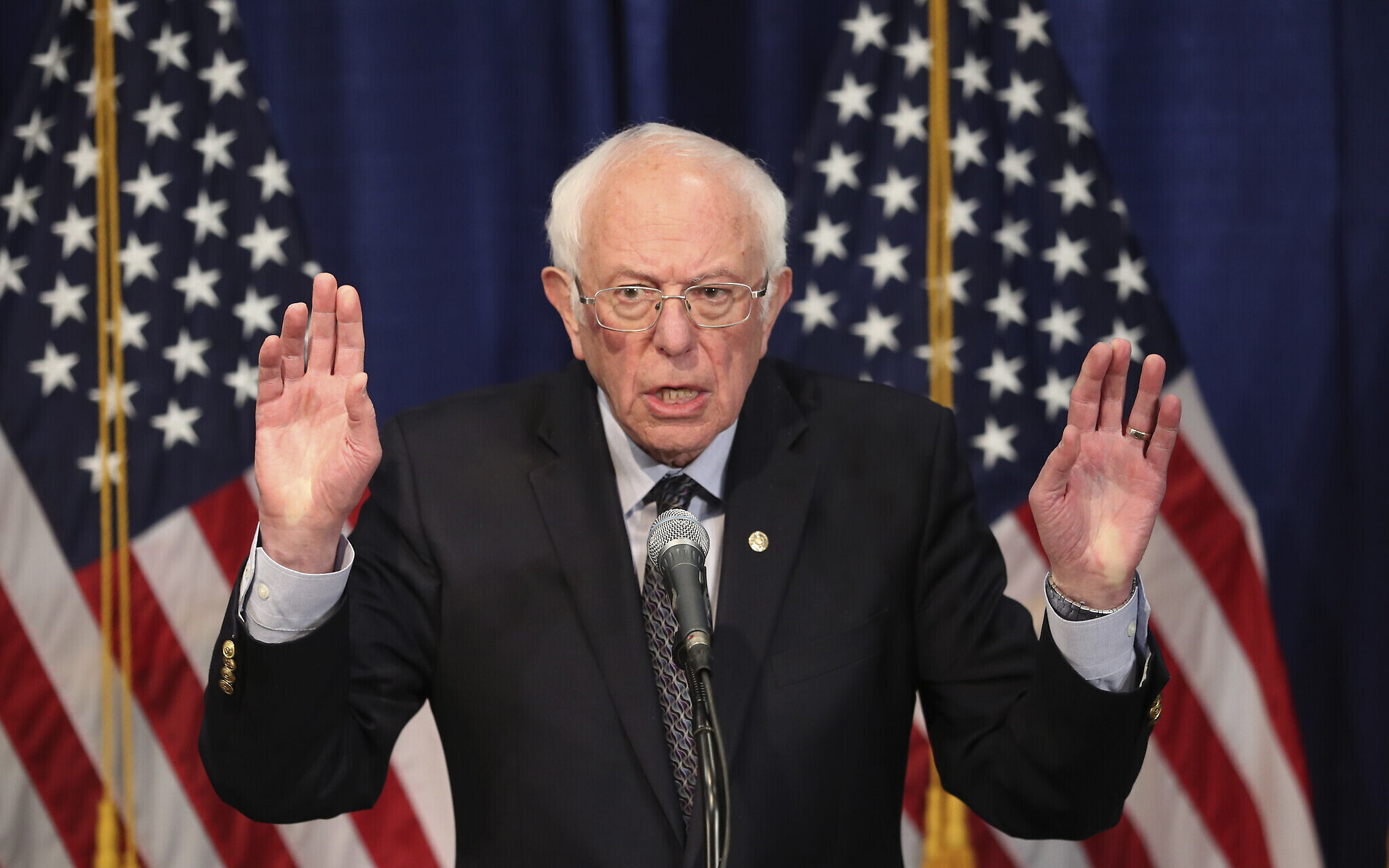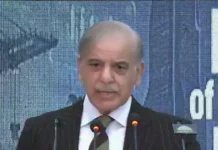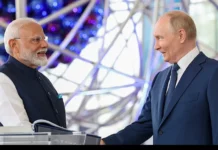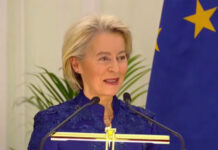NEW YORK: Shrugging off a string of defeats in the Democratic party polls, Vermont Senator Bernie Sanders has vowed to continue his bid for the presidential nomination defying pressures to drop out and back former Vice President Joe Biden behind whom many party leaders are rallying.
After losing a key state, Michigan, and three others in the six polls on Tuesday, Sanders announced on Wednesday that his campaign will continue and that he expected to debate Biden on Sunday. The self-described democratic socialist is expected to push his agenda and use the debate and the campaign in other states to get Biden to accept at least some of his policy stands.
“Today I say to the Democratic establishment, in order to win in the future, you need to win the voters who represent the future of our country, and you must speak to the issues of concern to them,” he said at his headquarters in Burlington in his home state of Vermont. Radical policies like free college, cancellation of student loans, nationalised health insurance, raising taxes on the rich and ending income inequality espoused by the 78-year-old Sanders appeal to younger voters, who are his base of support.
The socialist label and the leftist stances have worried several party leaders who fear that if he were the Democratic candidate he would not only lose to Trump, but also take down the party’s congressional candidates with him. Most of the candidates who entered the Democratic Party race for the nomination and have dropped out are now backing the centrist Biden because of questions over Sanders’s electability.
The intra-party elections through secret ballot known as primaries and through open ballotting called caucuses are to elect delegates committed to a candidate for whom they will vote at the party convention.
Biden, who has won 15 of the 24 state polls held so far has picked up 864 delegates to Sanders’s 710. A candidate will have to get at least 1,991 of the 3,979 delegates being elected to get the nomination. Although there are still 26 state polls to go between now and June, it is unlikely that Sanders will get enough delegates to be nominated to challenge President Donald Trump.
Sanders admitted the drawback: “Last night, obviously, was not a good night for our campaign from a delegate point of view.” Sanders seemed to be making one final run to reverse his decline saying: “On Sunday night in the first one-on-one debate of this campaign, the American people will have the opportunity to see which candidate is best positioned to accomplish that goal.”
Earlier debates that included several candidates lacked focus and limited each to segments of a few minutes. Biden extended an olive branch to Sanders and his supporters on Tuesday as the results in the six primaries were coming in, thanking them “for their tireless energy and their passion”.
Working unitedly against Trump, “we will defeat him together. We’ll bring this nation together”, he said. Both leaders have stopped their personal attacks on each other. Sanders appeared to be the front-runner in the early phase with a 29.3 per cent support to Biden’s 17.2 per cent on February 23, according to the aggregation of polls by RealClear Politics. But Biden zoomed in the polls and on Wednesday he was ahead with 53.4 per cent to Sanders’s 36 per cent as other candidates quit the race and their supporters realigned themselves.
Of the candidates with some name recognition who qualified at some time to participate in debates, only Tulsi Gabbard remains in the race. But the Hindu American member of the House of Representatives has polled only about one per cent of the votes. She had supported Sanders in 2016 and is on the party’s left wing. IANS







